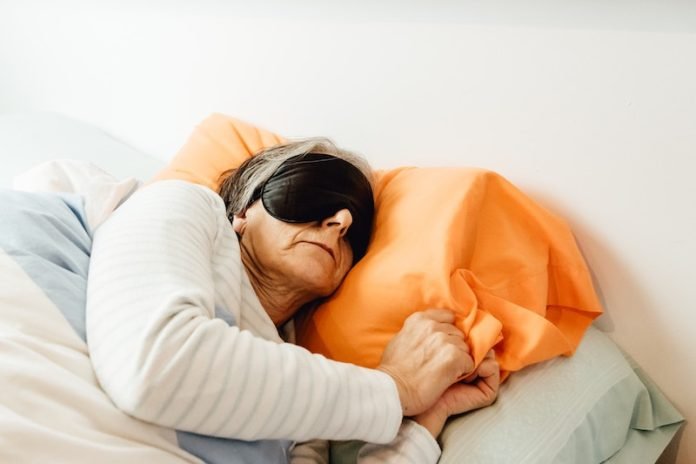
Researchers at Georgia Tech have developed a wearable device to accurately measure obstructive sleep apnea and sleep quality in a more cost-effective and accessible way than traditional sleep lab studies.
Development of the Wearable Sleep Monitor
Led by W. Hong Yeo, an associate professor in the George W. Woodruff School of Mechanical Engineering at Georgia Tech, the research team has created a sleep monitor patch made of silicone that fits over the forehead and chin.
The device can be worn at home, eliminating the need for patients to spend a night in a medical facility wired to probes monitoring their brain, eye, and muscle activity.
According to Yeo, the device, which has an accuracy rate of 88.5% for sleep apnea detection, fills a crucial gap as current smartphone apps don’t capture the specific data needed by medical professionals to diagnose sleep apnea.
The Patch System and AI Use
The sleep apnea patches have three embedded electronic sensors that wirelessly send signals via Bluetooth to record brain, eye, and muscle activity. The recorded data is sent to a smartphone or tablet app for further analysis and evaluation.
Artificial intelligence and machine learning are employed to determine a “sleep score” that can indicate if a patient has sleep apnea or is getting enough quality sleep.
The technology can also predict the likelihood of an individual developing sleep apnea in the future based on their data.
Addressing Obstructive Sleep Apnea
Obstructive sleep apnea, the most common type of condition, is characterized by the body repeatedly stopping and restarting breathing during sleep, often causing the person to wake up gasping for air.
It’s linked to high blood pressure, and if left untreated, it can have severe effects on the heart and brain. In the U.S., more than 18 million people are affected by this form of sleep apnea, and the numbers are rising.
Benefits Over Traditional Diagnosis Methods
Traditional polysomnography tests require a patient to sleep in a fixed position at a medical facility, wired to various probes, which can be uncomfortable and inconvenient.
The tests can also be expensive, costing approximately $8,000 per person, per night. The new wearable device addresses these issues by providing a comfortable, time-efficient, and affordable solution for diagnosing sleep apnea.
Poor sleep cost the U.S. economy $411 billion in lost productivity in 2015, a figure expected to rise to over $467 billion by 2030. Yeo’s wearable device could potentially reduce these costs by providing an easier way to detect and treat sleep disorders like sleep apnea.
If you care about sleep, please read studies about herb that could help you sleep well at night, and these drugs could lower severity of sleep apnea by one third.
For more information about sleep, please see recent studies that common sleep supplement may help boost memory function, and results showing how to deal with “COVID-somnia” and sleep well at night.
The study was published in Science Advances.
Copyright © 2023 Knowridge Science Report. All rights reserved.



